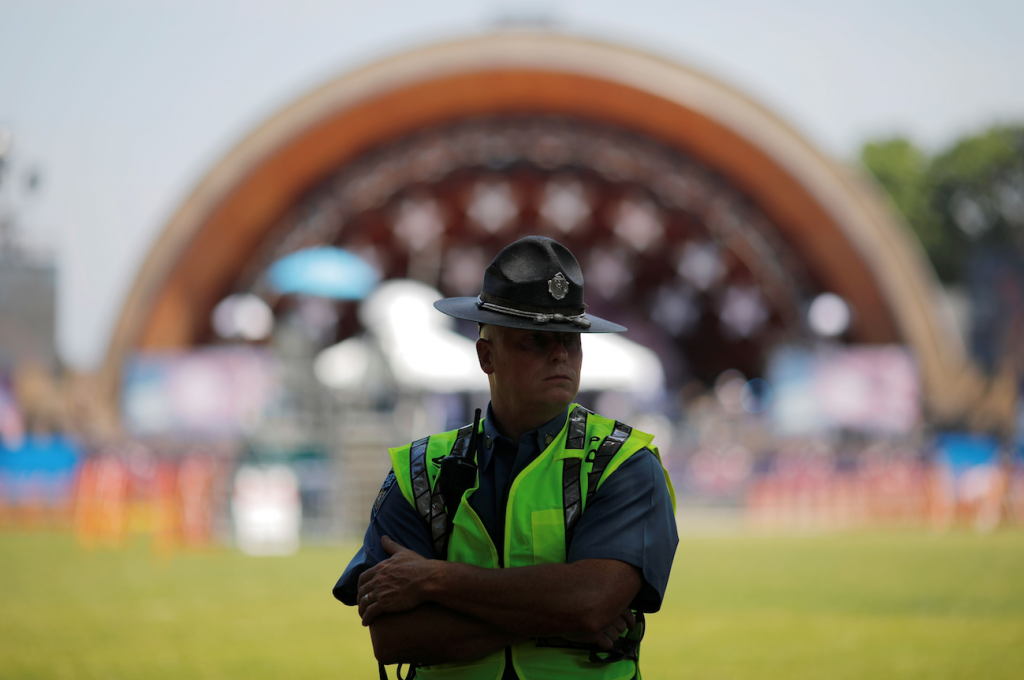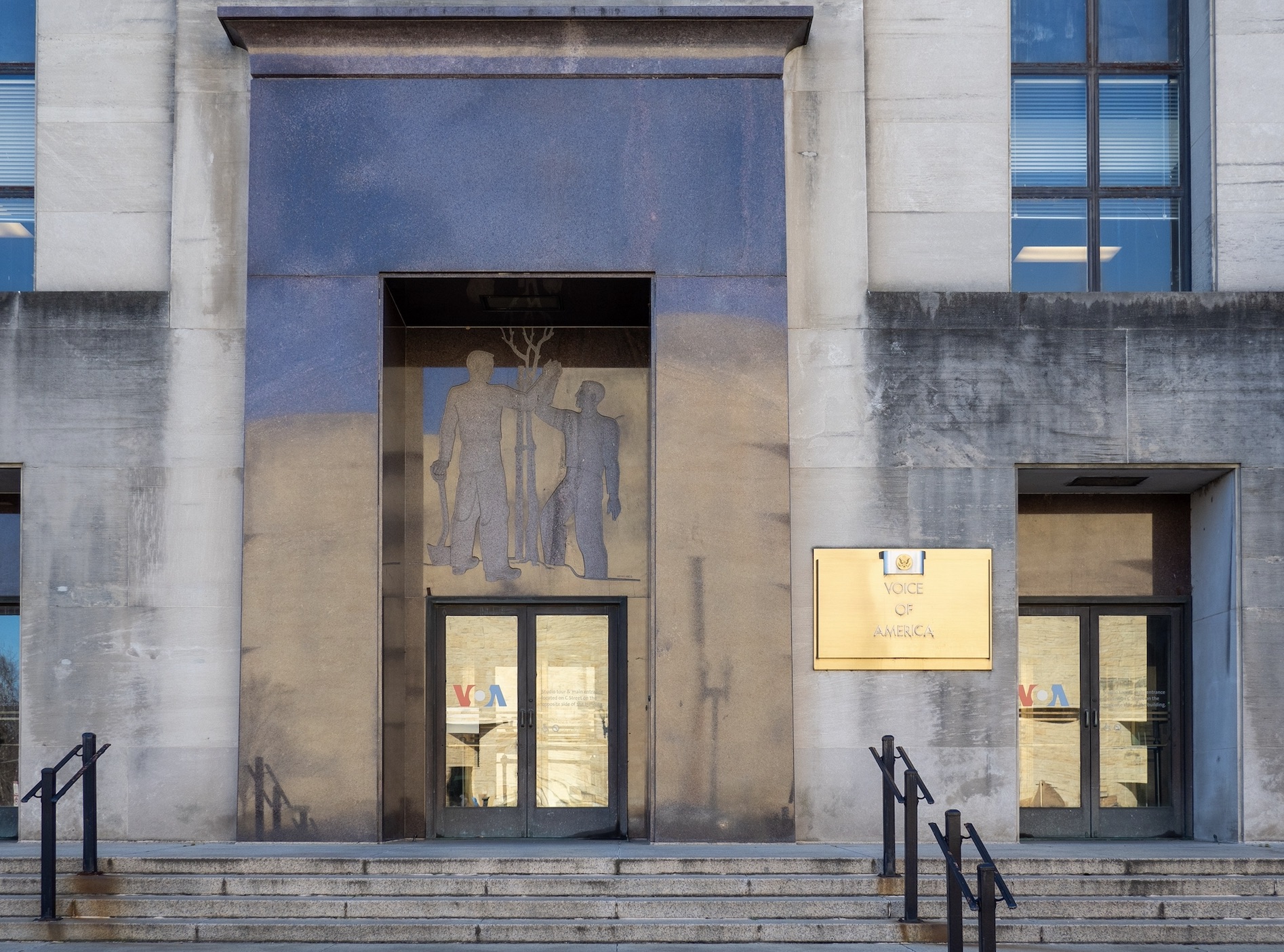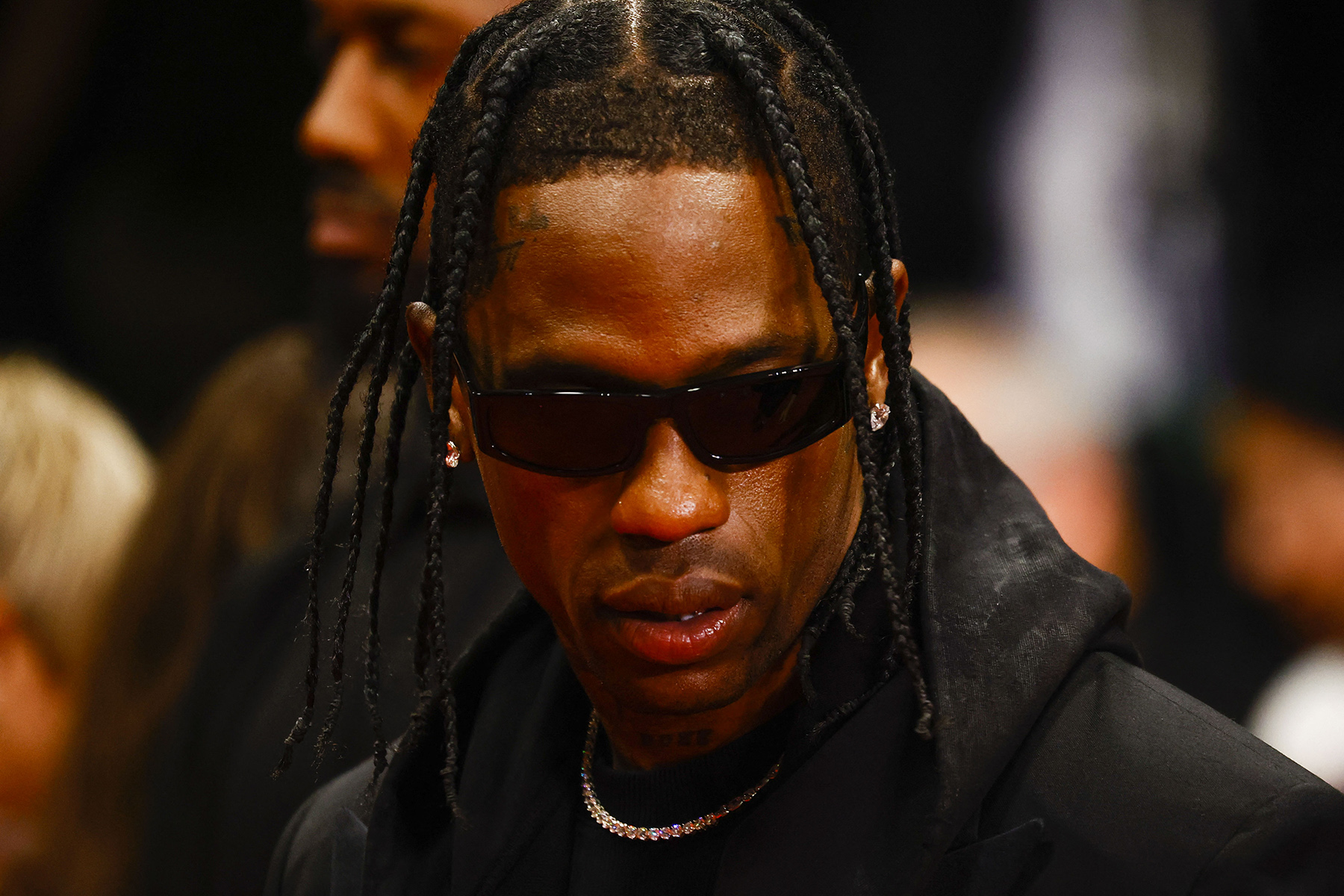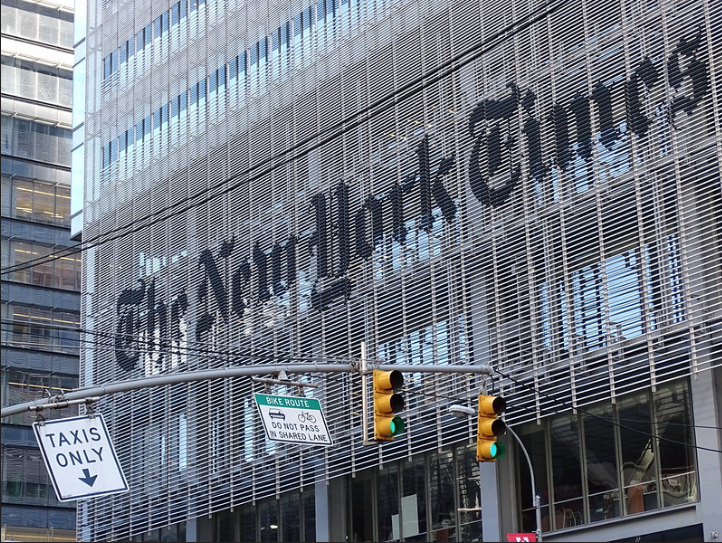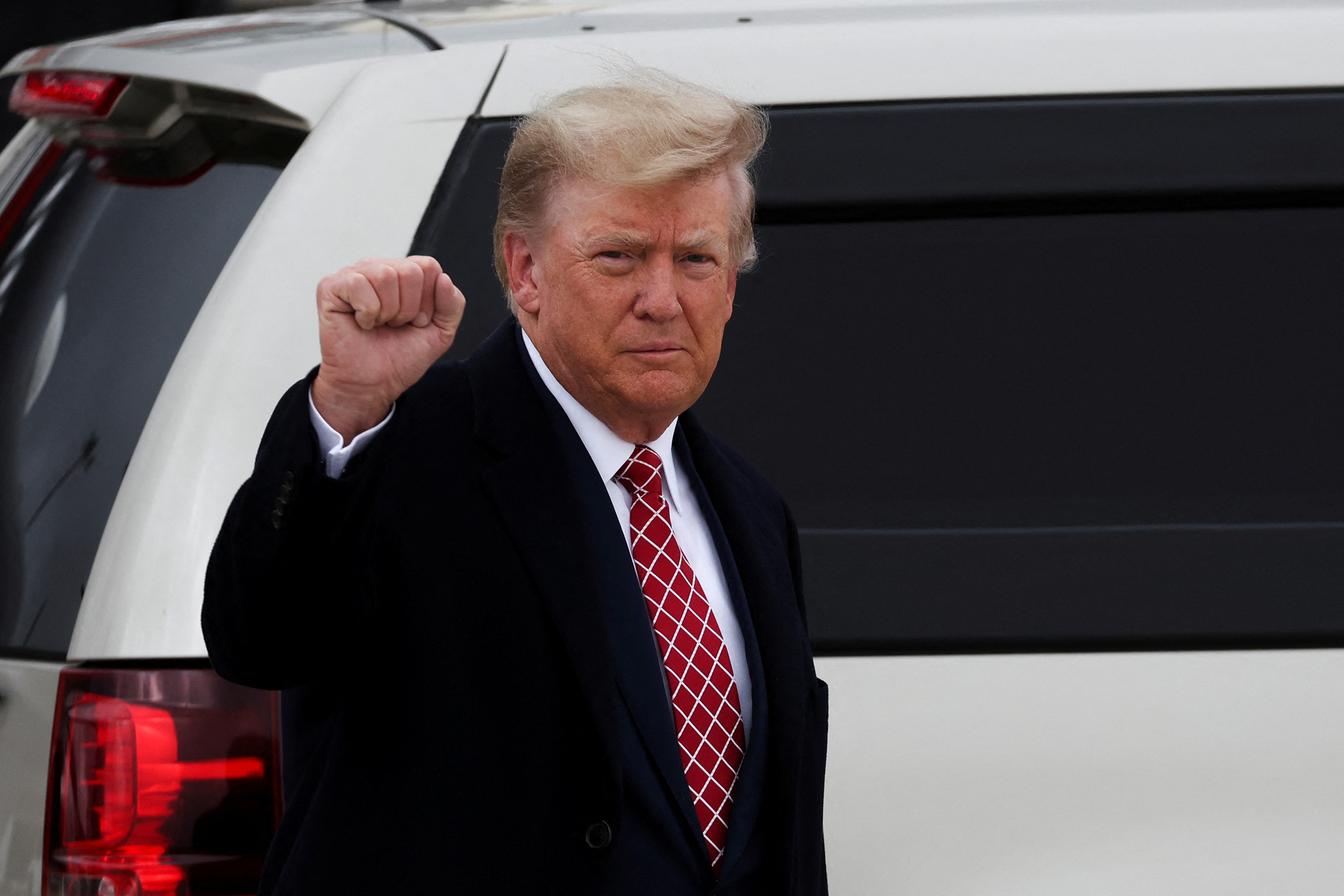By Soraya Ferdman
On December 15th, the United States Appeals Court for the First Circuit unanimously ruled that a Massachusetts wiretap statute could not be used against individuals who recorded police officers in public, even if the officer had not consented to the recording.
“A citizen’s audio recording of on-duty police officers’ treatment of civilians in public spaces while carrying out their official duties, even when conducted without an officer’s knowledge, can constitute newsgathering every bit as much as a credentialed reporter’s after-the-fact efforts to ascertain what had transpired,” First Circuit Judge David J. Barron wrote.
See previous story: Appeals Court Considers Massachusetts’ Law Against Secretly Recording Police
Check out First Amendment Watch’s Teacher Guide on the Right to Record Police
The ruling combined two lawsuits, one filed by the American Civil Liberties Union of Massachusetts on behalf of two Boston civil rights activists, Eric Martin and René Pérez, and the other filed by an investigative media company, Project Veritas. Both suits challenged the law on First Amendment grounds, but they differed in scope.
The ACLU lawsuit challenged the law insofar as it criminalizes the secret recording of police. In 2018, U.S. District Court Chief Judge Patti Saris sided with the activists, and ruled that the law as applied here violated the First Amendment. Suffolk County District Attorney Rachael Rollins appealed Saris’ decision, arguing that it would endanger the privacy of private citizens who were witness to an arrest but did not wish to be recorded.
In his December 15th opinion, Barron acknowledged that “protecting the privacy of the citizens of Massachusetts is a legitimate and important government interest,” and that he could “envision circumstances in which an individual who is interacting with (or in the vicinity of) a police officer might have a particularly heightened reason to wish to have notice that her comments are being recorded,” in such circumstances when the individual was a rape victim or a minor. But, Barron ultimately rejected Rollins’ argument, writing, “individual’s privacy interests are hardly at their zenith in speaking audibly in a public space within earshot of a police officer.”
Project Veritas’ claims were less successful, in part, because they were more ambitious. The group argued that individuals should be allowed to secretly record, not just the police, but any government official operating in their official capacity in public. Indeed, the group argued that people should be allowed to secretly record anyone who “does not have reasonable expectation of privacy.” The First Circuit agreed with the lower court’s ruling that Project Veritas’ claims lacked precision, but ordered the lower court to dismiss it without prejudice, giving them an opportunity to file an amended complaint.
Massachusetts has long fought to preserve Section 99, a wiretapping statute passed in 1964 that broadly protects people from being recorded without their consent. Unlike most states, the law does not contain an exception for individuals who record police officers performing their duties in public.
For many years, the state had been successful in prevailing in lawsuits challenging the law. In 2001, a motorist sought to challenge the law after he was charged for recording an encounter with a police officer, but the Massachusetts Supreme Court upheld the ban on police records writing, “the problem could have been avoided if, at the outset of the traffic stop, the defendant had simply informed the police of his intentions to tape the encounter” Commonwealth v. Hyde (2001).
Ten years later, a new suit rose to the United States Appeals Court for the First Circuit, Glik v. Cunniffee (2011). It involved a man who used his cell phone to record several officers arresting a man in a way he perceived as violent. The appeals dismissed the charges, writing, “Glik was exercising clearly-established First Amendment rights in filming the officers in a public space.” However, because Glik’s case did not involve a secret recording, it left open the possibility that the wiretapping statute could still apply in cases where an officer was not aware he or she was being recorded.
Because of the ambiguity, Massachusetts police officers still regularly stopped individuals recording them in public. When the case was first filed in 2016, Plaintiff René Pérez told the ACLU that “police officers [had] screamed at [him] and grabbed his phone when [he] openly recorded.”
Jessie Rossman, a staff attorney at the ACLU of Masaschusetts who argued the case at the First Circuit, called the recent decision “vitally important” in an official statement.
“People’s recordings of police interactions have started crucial conversations about police reform, and we all suffer when fear of retribution or prosecution stifles these movements. As the First Circuit explained, and as our clients understand, secret recording can uncover abuses and foster better police behavior, which is why today’s decision is vitally important for both free expression and police accountability,” Rossman said.
Sophia Cope, a Senior Staff Attorney at Electronic Frontier Foundation who prepared an amicus brief in support of the ACLU’s claims, was also satisfied with the First Circuit’s decision.
“The court rightly recognized that the ability to secretly record the police is critical for accountability, especially when officers often retaliate against civilians who openly record them,” Cope told First Amendment Watch.
